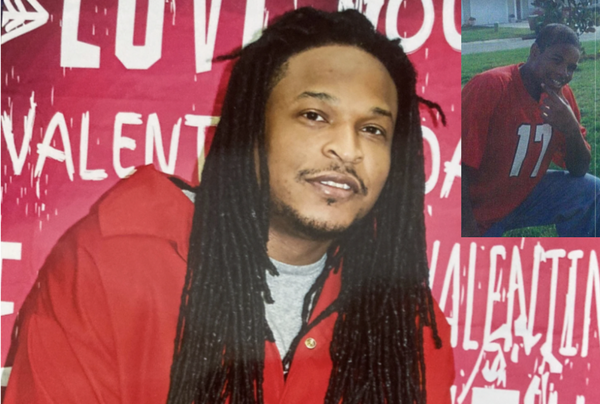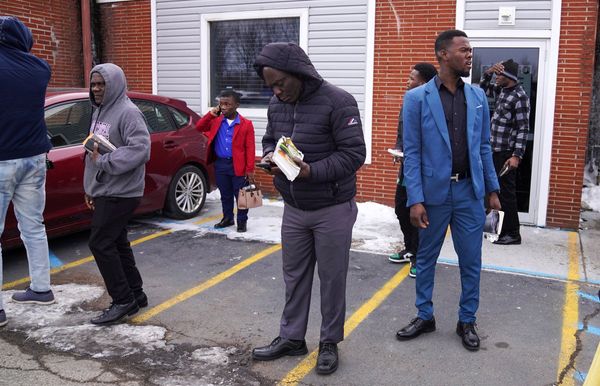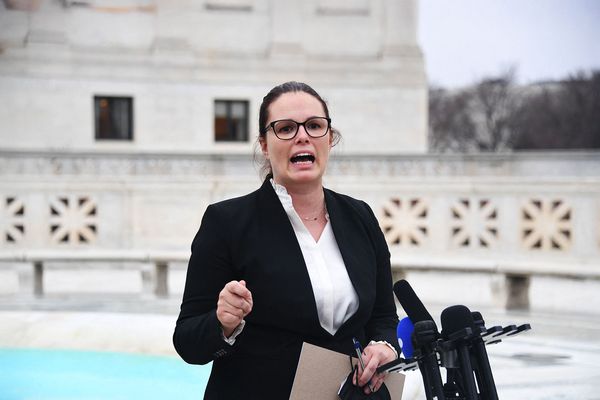
Media reports on the prime minister’s appearance at the National Press Club on Tuesday made much of his admitting to mistakes in the pandemic. One senior journalist described Scott Morrison’s performance as “a confronting of the frustrations and anger rife in the community”. Another called it “a deliberate act of contrition”.
But what does contrition actually look like for this PM?
Let’s examine his response to the first question — from 7.30’s Laura Tingle — and his talent for wriggling his way out of taking responsibility.
Tingle’s question was direct: “Do you want to take this opportunity to actually say sorry for the mistakes you have made as prime minister?” She provided examples of those mistakes, including the rapid antigen tests failure.
Notable was the strong “second person” focus: “Do you want to take this opportunity … ” In any normal verbal interaction, this would elicit first-person responses: “Yes, I did this” or “No, I don’t believe I did that.”
But “I” was rare in Morrison’s reply. His preferred pronoun was “we”.
We, the government and the people
Morrison led off in his response to Tingle thus:
We’re all terribly sorry for what this pandemic has done.
This is the stuff of PhDs. First, he deliberately misconstrues the question’s meaning of “sorry”, not as an act of apology, but as something to be regretful about. Second, he assigns all agency to the pandemic — thus not what he the leader of the country has done, but what has been wrought by nature. And, finally, is the “we” a sly act of solidarity designed also to shift the spotlight from him?
This version of “we’ was a recurring feature in his response:
As we went into this summer, we were optimistic. I was optimistic. We were all desperately looking forward to a great summer.
This notion of shared responses — with Morrison, the government and the people all on an emotional roller-coaster together through the crisis — was used to similar effect the week before: “We are all frustrated”, he asserted, as the summer quickly turned to something very much less than great. The intended effect is to suggest we’re all in it together, where no distinction need be made between government and governed, and where actions and responses are shared around.
But I’m very proud of Australians … in enabling us all to come through this despite the setbacks and the challenges that we have faced.
We, the government
There were instances in Morrison’s response when “we” clearly referred exclusively to the government. Significantly, the focus here was as much on successes as failure. At different points he sought to construct a narrative of government agility and acumen in the face of a wildly unpredictable pandemic.
… The storm of COVID hit.
… These are not simple issues with simple solutions. They’re complex. And events can work against you.
But we moved quickly, because we hadn’t anticipated that we would have a variant that resulted in the vaccine not being able to stop the transmission.
… Where something hasn’t gone exactly as we’d hoped for … we’ve come together, solved it, and moved forward. And that’s what Australians expect of us.
… That is something I’m very proud my government has done.
However, he did mention government failures. It was significant the two he specifically chose to identify. One was about communicating to Australians (“We could have communicated more clearly about the risks and challenges”); the other was about the timing of bringing in the military for the vaccine rollout earlier in the year (“I wish we’d done that earlier”). No mention of failed vaccine/RAT purchases, or quarantine stuff-ups, or shadow lockdowns — the issues pressing upon everyone now, and ones that go to the heart of the government’s incapacity to deliver throughout the crisis.
We, the government and other culpable parties
But in admitting — however reluctantly — to government mistakes, Morrison couldn’t resist sheeting some blame to others.
He spoke in passing about how the handling of aged care, a federal responsibility, “could have been done better, between both the states and ourselves”. He also fudged about who had ultimate responsibility for buying RATs: “We’d agreed at a meeting of the national cabinet about how they’d be funded and who had to go and get them.”
Swipes were also taken at the Health Department (“… We had the challenges that we had with the Health Department”) and the Therapeutic Goods Administration (“The rapid antigen tests had only actually been approved for use by the TGA earlier in November”).
Where is the I?
As mentioned, first-person — the characteristic language of any mea culpa — was not there much in Morrison’s response. Most instances here were tied to verbs of cognition — i.e. the PM giving his opinion about things (“I don’t think [Australians] expect perfection” or “I’m very proud of Australians” etc).
This contrasts to verbs of action (e.g. I did this) — things Morrison actually did, and for which he might want to take some personal responsibility.
The only clear instance of this type of formulation in his reply to Tingle related to the move to militarise the vaccine rollout:
I took the decision to send in General Frewen and change the way we did it … and it worked.
Failure, miraculously, becomes triumph.
Earlier, in his prepared speech to the press club, Morrison boldly stated: “I haven’t got everything right, and I’ll take my fair share of criticism and blame. It’s part of the job.”
The evidence of his response in the Q&A segment — where the language and sentiments are more spontaneous, less rehearsed — suggests “fair share” is quite a stretch.
Was Scott Morrison’s press club appearance a total fiasco for him? Let us know your thoughts by writing to letters@crikey.com.au. Please include your full name if you would like to be considered for publication in Crikey’s Your Say column. We reserve the right to edit for length and clarity.







